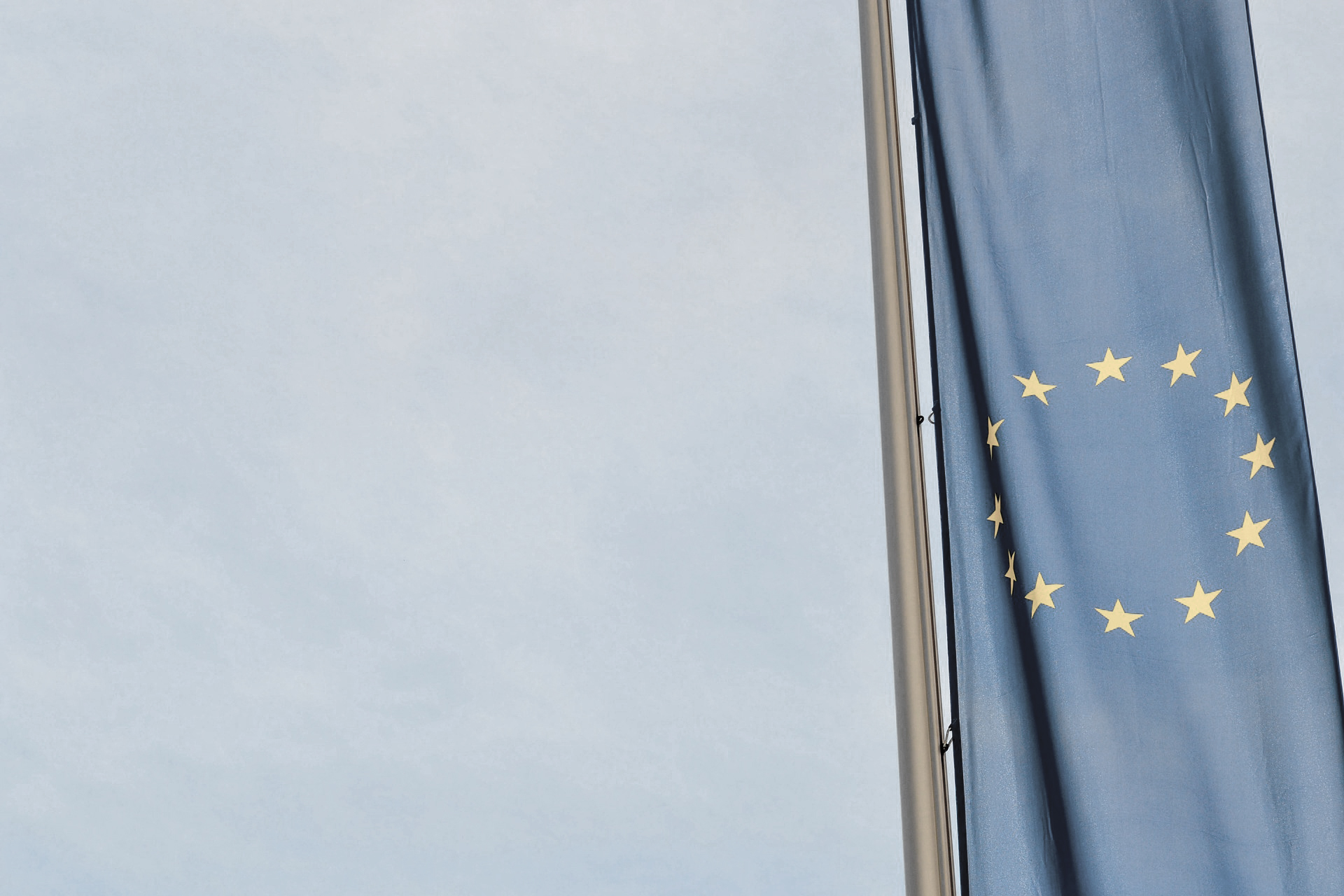Several Member States not on track to fulfill their energy savings obligation

Eight Member States are not on track to meet their minimum energy savings obligation set by the EU’s Energy Efficiency Directive for the period 2014-2020. Among them is Germany which struggles to meet its obligation for the next period 2021-2030 as well.
Brussels, 6 July 2020 – The Coalition for Energy Savings published its latest assessment of the implementation of the energy savings obligation (Article 7 of the Energy Efficiency Directive). The obligation is the EU’s energy savings flagship provision and should deliver more than half of the EU’s 2020 and 2030 energy efficiency targets. It requires Member States to achieve a minimum amount of new annual energy savings through national energy efficiency policies and measures.
For the current obligation period 2014-2020, eight Member States are not on track to meet their energy savings obligations by 2020: Spain requires an increase of new annual savings of more than 19% in 2019 and 2020 to achieve compliance. Bulgaria, the Czech Republic, Greece, Germany, Hungary, Italy and Luxembourg require an increase of above 100%. In the case of Germany, the new annual energy savings for 2019 and 2020 would have to increase threefold to achieve compliance.
“Corrective action is urgently needed to ensure that the minimum energy savings are delivered in all EU Member States”, says Stefan Scheuer, Secretary General of the Coalition for Energy Savings. “Civil society, local authorities and businesses rely on strong enforcement by the European Commission.”
For the next period 2021-2030, the obligation requirement increases for most Member States and compliance issues persist. Energy efficiency obligation schemes are expected to deliver less but still remain a key measure, and transport measures gain more ground. Some Member States (Czech Republic, Denmark, Poland and Germany) do not present yet sufficient measures in the National Energy and Climate Plans (NECPs) to achieve their energy savings obligation.
Reporting problems have been noticed for both obligation periods. Seven countries have not submitted their Annual Progress Reports in 2020. Some Member States did retroactive changes to the savings reported in previous years without explanation. For the next period, many Member States failed to provide a separate annex in their NECP on the energy savings obligation with complete information on their planned policies and measures.
“Late and incomplete national reporting hampers dialogue and engagement”, says Ioana Bere, co-author of the study. “Better and more transparent reporting would significantly help us to focus on solutions rather than problems.”
Notes for editors:
The Coalition for Energy Savings, July 2020: Energy Efficiency Directive Article 7 – National progress and outlook on the energy savings obligation.
RELATED ARTICLES
Eurovent joins the Coalition for Energy Savings
Brussels, 6th June 2024 Eurovent, the European Industry Association for Indoor Climate, Process Cooling, and Food Cold Chain Technologies, becomes a member of the Coalition for Energy Savings, joining forces to promote the essential role of energy efficiency to the...
Buildings directive deal: progress,but not living up to the EU’s 2030 efficiency goal
Brussels, 8th December 2023 Negotiations on the recast of the Energy Performance of Buildings Directive (EPBD), the last open file of the Fit for 55 Package, concluded last night; while the agreed text brings some improvement to the current framework, it falls short...
Coalition press release: Half-empty deal for the Energy Efficiency Directive
Brussels, 10th of March 2023 After a long final trilogue, the European Parliament, the Council of the EU and the European Commission reached an agreement this morning on the recast of the Energy Efficiency Directive (EED). The deal improves the current law by...
